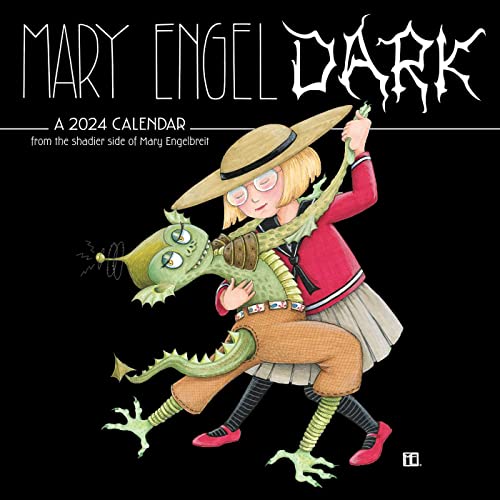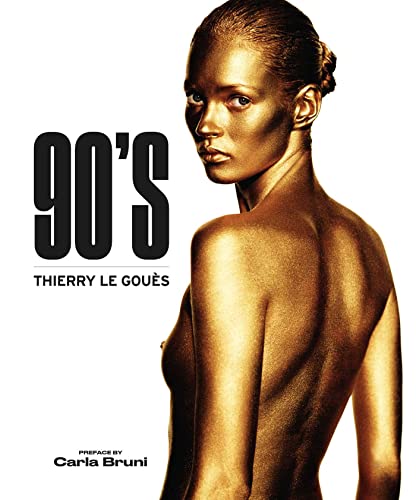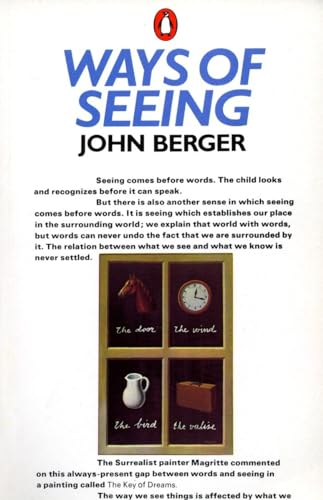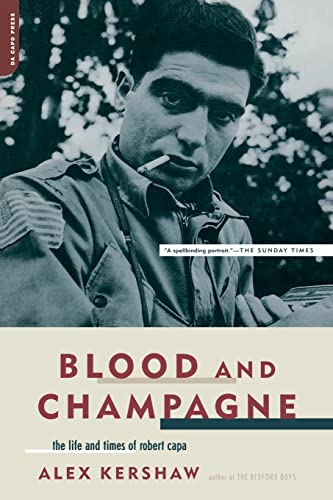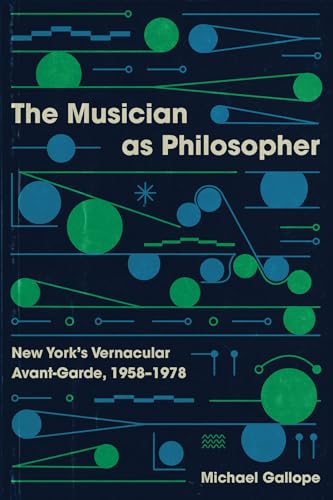
Author: Gallope, Michael
Price: $35.00
Category:Music
Publication Date:2024-03-15T00:00:01Z
Pages:312
Binding:Paperback
ISBN:10:0226831760
ISBN:13:9780226831763
“From 1958 to 1978 in New York a series of atmospheric irruptions emerged in the history of music, fraught with dissonance, obscurity, and volume. Beyond expanding musical resources into dissonance and noise with a familiar polemical edge, a group of musicians were thinking with sound: crafting metaphysical portals, aiming one to go somewhere, to get out of oneself. For many artists and thinkers of the postwar period, the self was taken to be ideological, given, normal. Their strange, intense, disorienting music was a way out, beyond, through the other, through the collective, through an ecstatic mystery. Their work had material underpinnings: radios, amplifiers, televisions, multi-track recording studios, and long-playing records. Some of the results were intricate, esoteric, and fractured; some of it oceanic and inconsistent. It was often difficult to tell the difference. In this new project, Michael Gallope discusses the work of several musicians who played key roles in these musical irruptions: David Tudor, Ornette Coleman, the Velvet Underground, Alice Coltrane, and Richard Hell and Patti Smith. Their work involved a larger group of collaborators, some of them among the mid-twentieth century’s most celebrated artists and musicians: John Cage, Merce Cunningham, Lou Reed, Andy Warhol, and John Coltrane. This project is a history of the thinking embedded in their collective work, and it is a critical exposition of this period of time. Gallope details how avant-garde musicians of the postwar period in New York explored the philosophical dimensions of music’s ineffability. He contends that the musicians at the center of each chapter-all of whom are understudied, and none of whom are traditionally taken to be composers-not only challenged the rules by which music was written and practiced, but also confounded gendered and racialized expectations for what critics took to be legitimate forms of musical sound. From a broad historical perspective, their arresting music electrified a widely recognized social process of the 1960s: a simultaneous affirmation and crisis of the modern self”–

